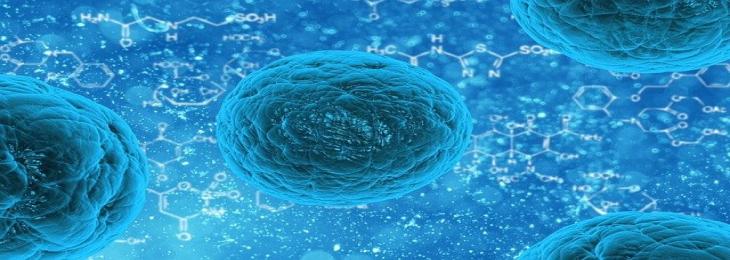The researchers have found mannose, a form of carbohydrate, as a biomarker for COVID-19
Oct, 2021 - By SMI

Share
Karolinska Institutet researchers have discovered certain metabolic pathways that SARS-CoV-2 utilizes to target lung tissue. The findings may one day be utilized to treat COVID-19, as well as other viruses such as HIV-1 and the Crimean-Congo hemorrhagic fever virus.
Throughout the pandemic, it has been clear that individuals with cardiovascular diseases and obesity are at a considerably greater risk of having severe, even deadly COVID-19 disease. The SARS-CoV-2 virus-caused corona pandemic has resulted in a major and ongoing worldwide health emergency. The majority of people who contract the condition experience mild to moderate effects; however, patients with metabolic problems such as diabetes, cardiovascular disease, and obesity are at a higher risk of serious illness. All viruses propagate by piggybacking on components and activities that are critical to the cellular energy supply, metabolic pathways, and other organisms in an attacked host.
Observation studies on COVID-19 patients conducted during the pandemic show a link between illness severity and a metabolic condition with high amounts of fats in the blood. Simultaneously, metabolism is a completely variable process that is influenced throughout time by a variety of factors such as age, gender, nutrition, and lifestyle. Karolinska Institutet researchers have now investigated which elements of the cell's power supply are particularly essential to SARS-CoV-2 and how they impact disease severity. The COVID virus is considered to use the AKT/mTOR/HIF-1 metabolic pathway. This new research adds to the knowledge.
The researchers observed that the virus prefers glycolysis and glutaminolysis metabolic pathways while targeting the lungs. Both are critical processes in the supply and function of cellular energy. According to the findings, glycolysis and glutaminolysis play an essential role in the spread and development of SARS-CoV-2 as it infects lung cells. it can restrict viral production by blocking these routes. Researchers also discovered numerous hazardous compounds in the blood plasma of the most critically sick individuals, including lactate and glutamate.
The potential therapeutic method of preventing viral transmission by starving it through the cells' energy supply might potentially be an efficient therapy for the Crimean-Congo hemorrhagic fever virus and a functional cure for HIV-1, two additional viruses being studied by the researchers. The study relied on blood samples from 41 COVID-19 patients that were examined using multiple methods, which include plasma metabolomics. The researchers also investigated the molecular mechanism through which SARS-CoV-2 affects lung tissue.
Share
Stratagem Market Insights
533 Airport Boulevard, Suite 400, Burlingame, CA 94010, United States
Delivery Center
403, 4th Floor, Bremen Business Center
Aundh, Pune, Maharashtra 411007
India
